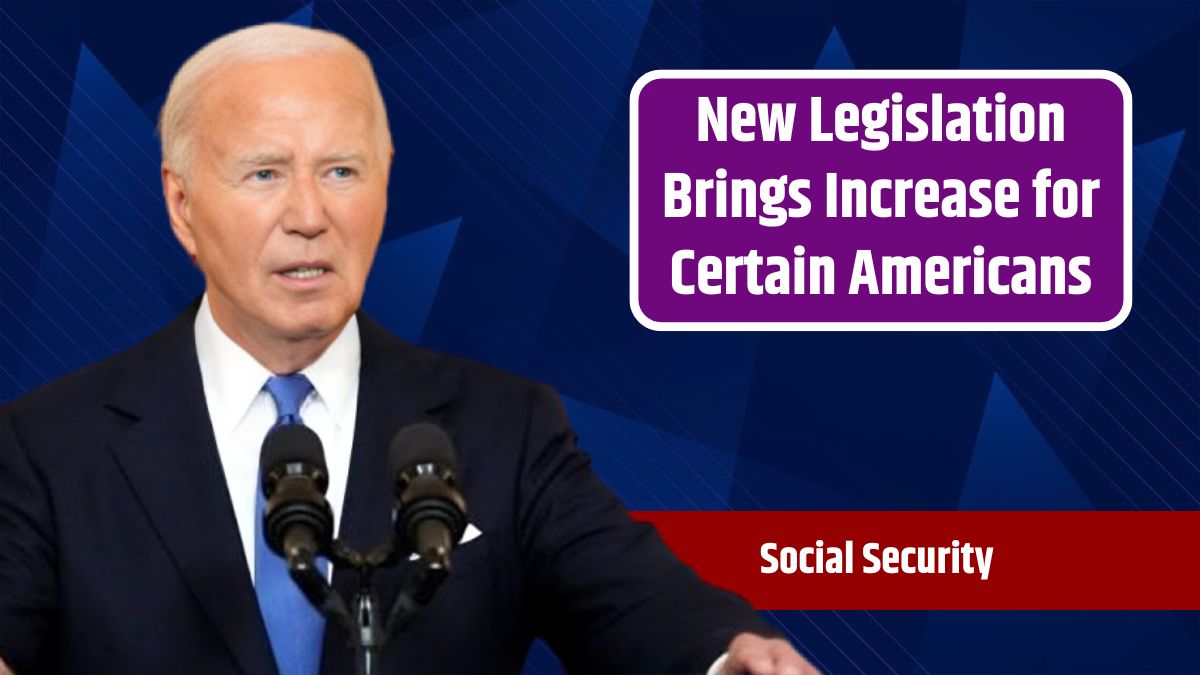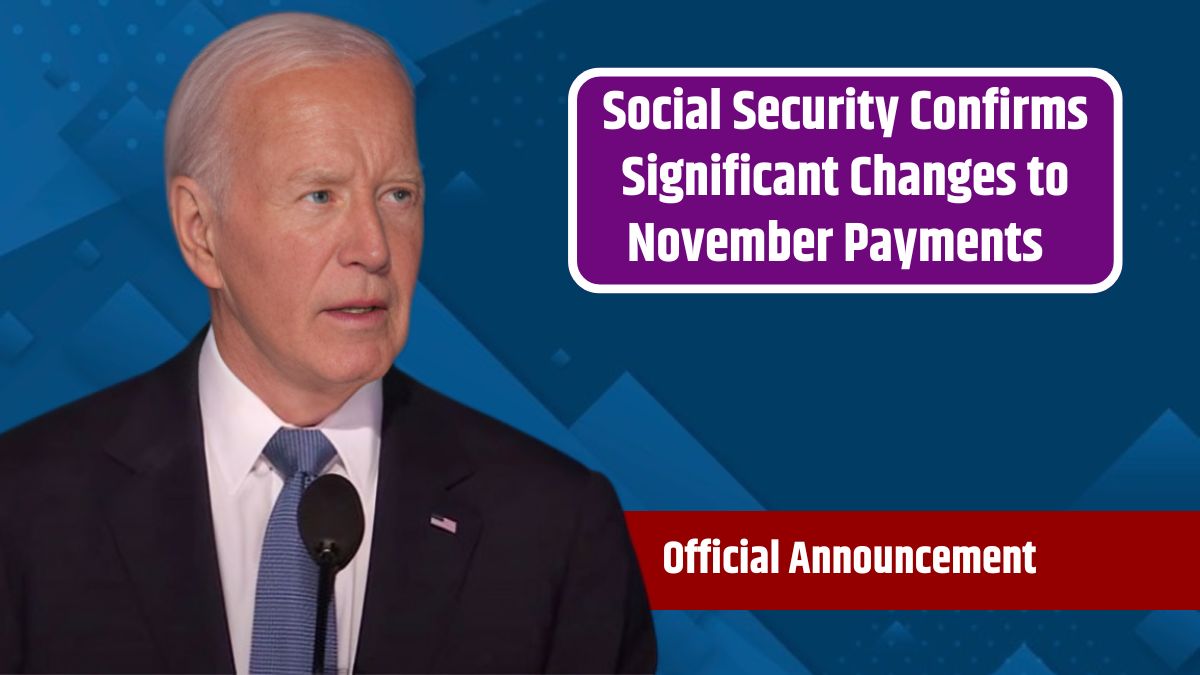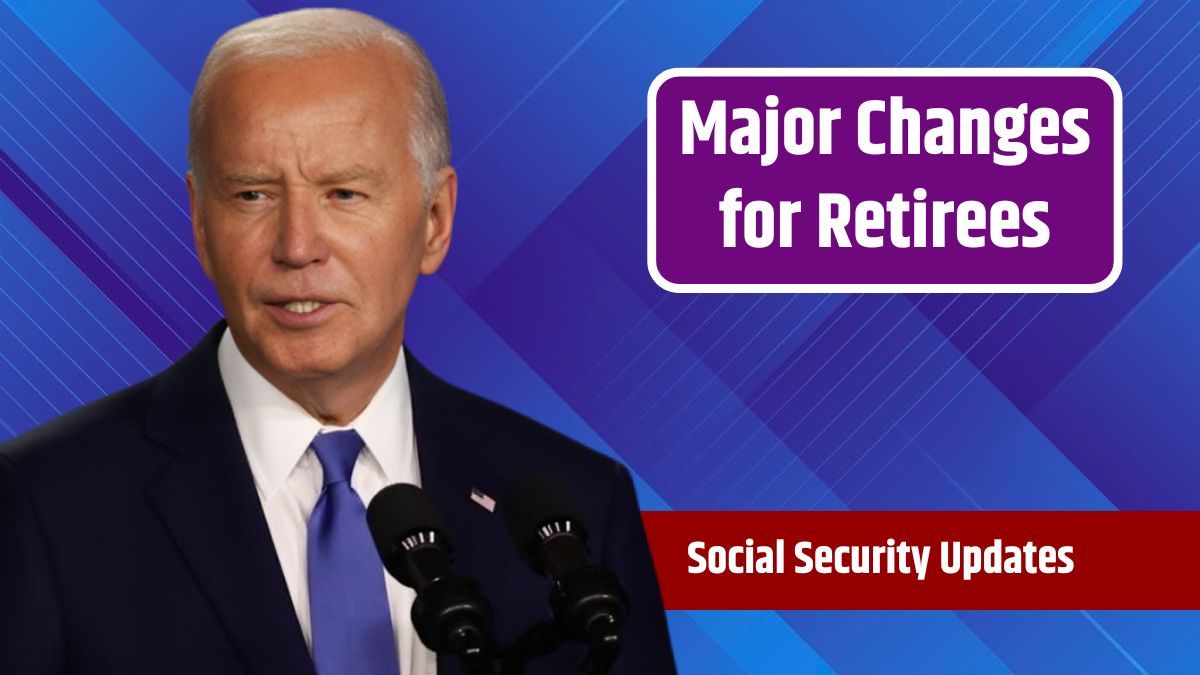Millions of Americans rely on Social Security benefits to support their daily needs, especially in times of high inflation and soaring prices. A new bill, the Social Security Fairness Act, has the potential to increase these benefits for certain Americans, bringing relief to those affected by outdated provisions. In September 2024, Representatives Abigail Spanberger and Garret Graves are filing a petition to bring this important legislation to a vote.
Let’s take a closer look at what this bill entails and how it could benefit millions of Americans.
Purpose
The main objective of the Social Security Fairness Act is to eliminate two provisions that reduce benefits for public servants: the Windfall Elimination Provision (WEP) and the Government Pension Offset (GPO). These two rules have negatively impacted millions of Americans who have dedicated their careers to public service, such as teachers, police officers, firefighters, and government employees.
This bill has gained support from 325 cosponsors in Congress. It needs only 218 signatures to be brought to a vote on the House floor, which could lead to significant changes in Social Security benefits.
WEP
The WEP (Windfall Elimination Provision) reduces Social Security benefits for individuals who also receive a public pension from a job not covered by Social Security. For example, a teacher who also worked a part-time job subject to Social Security taxes may see their benefits reduced under this rule. The WEP is a major frustration for public workers, especially those who worked in multiple roles throughout their careers.
GPO
The GPO (Government Pension Offset) reduces spousal or survivor benefits for individuals who receive a government pension from a job not covered by Social Security. If a government worker also qualifies for spousal benefits, the GPO could reduce their Social Security income by two-thirds of their pension amount. In many cases, this entirely eliminates spousal benefits, hitting retirees hard.
Impact
| Provision | Impact on Benefits |
|---|---|
| WEP | Reduces benefits for those with public pensions |
| GPO | Cuts spousal/survivor benefits for government employees |
Why This Matters
The WEP and GPO provisions have unfairly penalized public servants, reducing the benefits they earned by paying into Social Security. Teachers, firefighters, and police officers have long been affected by these rules, and the Social Security Fairness Act aims to restore fairness by eliminating them. The bill could also bring much-needed financial relief to those who depend on Social Security benefits to manage their living expenses.
Step Toward Justice
Representatives Spanberger and Graves have emphasized the importance of correcting these inequities. “For more than 40 years, millions of Americans—police officers, teachers, firefighters, and other public servants—have been stripped of their benefits as an unjust penalty,” they said. This bill seeks to right that wrong and ensure fair retirement benefits for all Americans, including those who have dedicated their lives to public service.
Affected Professions
The WEP and GPO don’t just affect teachers and police officers. Other public servants, such as firefighters and government employees in 26 states, are also impacted. States with large numbers of affected workers include California, Louisiana, and Texas. The WEP reduces Social Security benefits for about 2 million beneficiaries, while the GPO affects roughly 735,000 individuals, disproportionately impacting women.
Impacts (as of 2022):
| Provision | Affected Individuals | States Most Affected |
|---|---|---|
| WEP | 2 million (3% of all beneficiaries) | CA, CO, LA, OH, TX |
| GPO | 735,000 (1% of all beneficiaries) | Primarily impacts women (83%) |
Moving Forward
If the Social Security Fairness Act passes, it will eliminate these unjust penalties, providing fair and equitable benefits for public servants across the country. This change is especially important as financial stability becomes more challenging due to rising inflation and living costs.
Public servants who have worked hard to serve their communities deserve the same benefits as other Americans. Removing the WEP and GPO will restore justice and ensure that retirees can live with financial security.
Why Is This Important
If you’re a public servant, or if you’re married to one, the Social Security Fairness Act could have a significant impact on your retirement benefits. By removing the WEP and GPO, the act aims to:
- Increase Social Security income for those affected by public pensions.
- Prevent spousal and survivor benefits from being reduced by government pensions.
- Ensure fairness for all Social Security recipients, regardless of their job type.
With the financial uncertainty many Americans face, these changes could bring much-needed stability to retirees. The bill aims to provide equitable support for those who have spent their careers serving the public, helping them enjoy a secure retirement.
Keeping informed about potential changes to Social Security is essential to know how they might affect you and your family.
FAQs
What is the Windfall Elimination Provision (WEP)?
The WEP reduces Social Security benefits for those with public pensions from jobs not covered by Social Security.
How does the GPO affect spousal benefits?
The GPO reduces spousal or survivor benefits by up to two-thirds for government employees with pensions.
Who is most affected by the WEP and GPO?
Public servants like teachers, firefighters, police officers, and government employees.
What is the Social Security Fairness Act?
A bill aiming to eliminate the WEP and GPO to ensure fair benefits for public servants.
How many people are impacted by the WEP and GPO?
About 2 million are affected by WEP, and 735,000 by GPO, many of whom are women.









